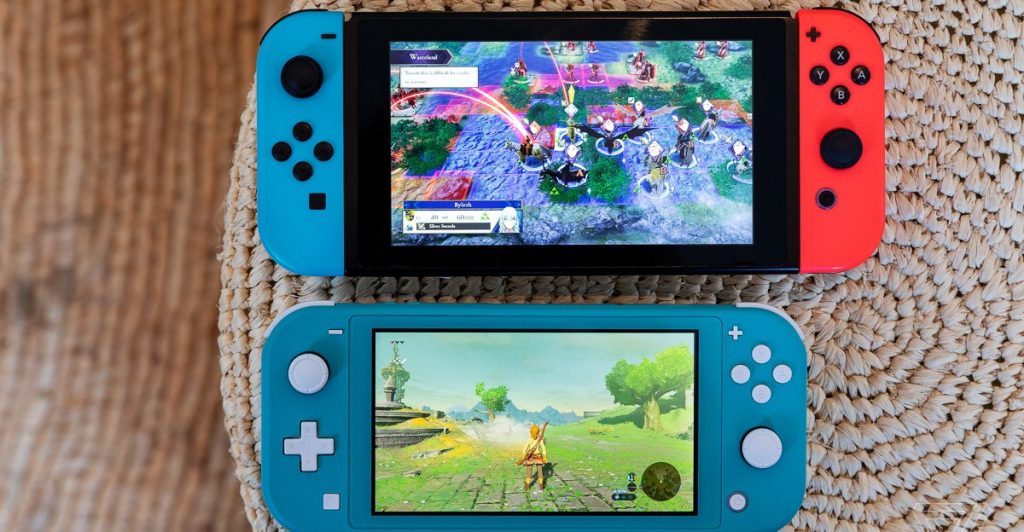Certainly! Here’s a paraphrased version of the article with the same core information formatted in HTML, using headings and around seven paragraphs:
<div>
<h2>The Nintendo Switch's Indie Surge</h2>
<p>After the release of the Nintendo Switch in 2017, the initial months were characterized as a "gold rush" for indie developers. Although the eShop had existing titles, it presented ample opportunities for new games. In fact, Nintendo announced in 2018 that over 1,000 games were introduced within the platform's first year. As the release rate escalated, reports in 2024 indicated an addition of around 50 new games weekly, summing up to more than 2,300 by November.</p>
<h2>A Shift in Dynamics</h2>
<p>This initial wave of success for indie creators eventually leveled off, leading to some developers being pushed aside while the overall experience suffered due to platform saturation.</p>
<h2>The Indiepocalypse and Discoverability Issues</h2>
<p>Following the golden era of indie games (2008-2015) featuring hits like <em>Fez</em> and <em>Super Meat Boy</em>, developers were confronted with fierce competition and diminished discoverability. The eShop initially provided some respite for developers, with Nintendo supportive of this phase. Just before the Switch's launch, the company announced partnerships for over 60 quality indie games set for 2017.</p>
<h2>Sales Success on Switch</h2>
<p>Reports from <em>PC Gamer</em> indicated that virtually every indie title on the Switch outperformed sales on other platforms. Games like <em>Enter the Gungeon</em> sold over 75,000 copies in just two weeks, while <em>SteamWorld Dig 2</em> achieved sales multiples on the Switch compared to its performance on Steam.</p>
<h2>Missed Opportunities for Developers</h2>
<p>Rodrigue Duperron from Thunder Lotus, the studio behind <em>Spiritfarer</em>, acknowledged that by the time they launched <em>Jotun</em> on the Switch, the gold rush had passed. They were content with the game’s performance but were less impressed with their subsequent title's sales, attributing this to the influx of new releases in the market.</p>
<h2>The Challenge of eShop "Slop"</h2>
<p>As time passed, the Switch eShop became increasingly cluttered with low-effort games, often referred to as "eShop slop." These titles typically misrepresent their quality and oversaturate the market, complicating discoverability for higher-quality games. Industry experts contend that the eShop's initial lack of sophistication in its discovery system is a significant factor in this issue.</p>
<h2>Moving Forward with Improvements</h2>
<p>Nintendo has attempted to address these concerns, including changes to the way games are ranked on the eShop. Recent adjustments have shifted the ranking criteria to highlight top-selling titles based on highest sales over a longer period. Developers express the hope for ongoing improvements to the eShop, emphasizing the need for frequent updates and better user engagement features to help indie games shine amidst the competition.</p>
</div>This paraphrase captures the essence of the original content while presenting it in a structured format.



